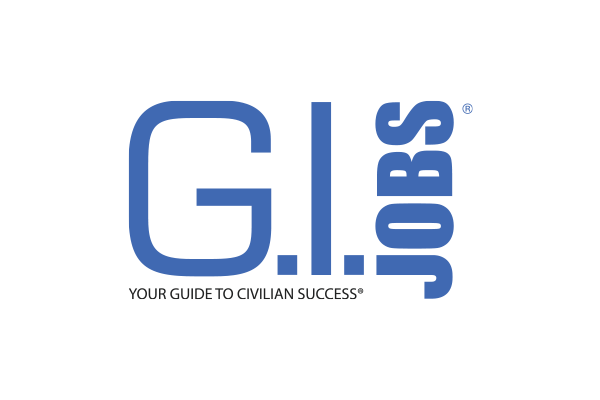Do you want to compare the difference Between the Post-9/11 GI Bill and Montgomery GI Bill?
Before choosing which benefit is right for you, be sure to understand the difference between the Post-9/11 GI Bill benefits and Montgomery GI Bill.
Compare the benefits carefully and choose which education benefits best suit your educational goals.
Tuition
Montgomery GI Bill: Monthly benefit up to $2,150 per month for 36 months. These payments are made to the student during the time they are actively enrolled in school. The benefits will increase on Oct. 1 of each year based on increases in the average undergraduate tuition in the US using data from the National Center for Education Statistics.
Post-9/11 GI Bill: Benefits will match 100% tuition up to the cost of the most expensive public state school’s in-state undergraduate tuition. Plus, the Yellow Ribbon Program allows the schools to waive a portion of the remainder and the VA to match that waiver and increase the benefit considerably, depending on each school’s unique agreement.
Term
Montgomery GI Bill: Up to 36 months of eligibility.
Post-9/11 GI Bill: Up to 36 months of eligibility.
Expiration of Benefits
Montgomery GI Bill: Eligibility for benefits for 10 years after separation or retirement. Those who choose to stay with the MGIB will not receive an extension of that deadline.
Post-9/11 GI Bill: Eligibility for benefits for 15 years after separation or retirement. Reservists and Guardsmen are eligible for benefits equal to active duty service members.
Living Expenses
Montgomery GI Bill: None
Post-9/11 GI Bill: The housing benefit paid under the Post-9/11 GI Bill is equivalent to the basic allowance for housing (BAH) of an E-5 with dependents. However, it fluctuates depending on geographic location. (Active duty members and students enrolled exclusively in online programs are not eligible.)
Books
Montgomery GI Bill: None
Post-9/11 GI Bill: Up to $1,000 stipend per year for books and study materials.
Tutorials
Montgomery GI Bill: Tutorial assistance is available for students attending approved institutions at least half-time and have a deficiency in a subject that makes tutoring necessary. These students can be reimbursed up to $100 per month up to a maximum of $1,200.
Post-9/11 GI Bill: Up to $100 per month for tutoring (not to exceed a maximum of $1,200 total benefits).
Relocation
Montgomery GI Bill: None
Post-9/11 GI Bill: One-time relocation payment of $500 if the student has to move more than 500 miles from a highly rural area to attend school.
On-the-Job and Apprenticeship Training
Montgomery GI Bill: All approved vocational training programs—on-the-job training, apprenticeship training, correspondence courses, flight training, preparatory courses and national exams—approved by the VA are eligible.
Post-9/11 GI Bill: Only programs offered by institutions of higher learning (degree-granting institutions) are approved under this benefit. Only those individuals who transfer to the new benefit program from the MGIB, MGIB-SR, or REAP are eligible for benefits for on-the-job training, apprenticeship training, correspondence courses, flight training, or courses offered by institutions other than institutions of higher learning. Such individuals will be paid amounts similar to what they would have been paid under the benefit program from which they transferred. (No housing allowance and no book stipend.)
Transfer of Benefits
Montgomery GI Bill: The Montgomery GI Bill is not transferable to family members.
Post-9/11 GI Bill: The Department of Defense may allow an individual to elect to transfer entitlement to one or more family members (spouse or child) if the individual is a member of the Armed Forces on or after Aug. 1, 2009, and:
- Has served at least six years in the Armed Forces
- Agrees to serve at least another four years in the Armed Forces
Up to 36 months of benefits may be transferred to family members in numerous combinations to multiple dependents.
Yellow Ribbon Program
Montgomery GI Bill: All costs, fees and tuition exceeding the MGIB payment are the responsibility of the student.
Post-9/11 GI Bill: If the GI Bill does not meet the costs of a college or university, the school may participate in the “Yellow Ribbon Program.” Schools may then voluntarily waive a portion of the remaining tuition not already covered and the VA will match that contribution dollar for dollar. Only those individuals eligible for 100% benefit levels qualify for the Yellow Ribbon Program.
Looking for additional education resources? Click here to learn more.
READ NEXT
Schneider Transportation Careers for Veterans
$100k Security Contracting Jobs for Veterans
Someone Wrote a List of 65 Ways Civilians Can Simulate Military Life and It’s Hilarious







